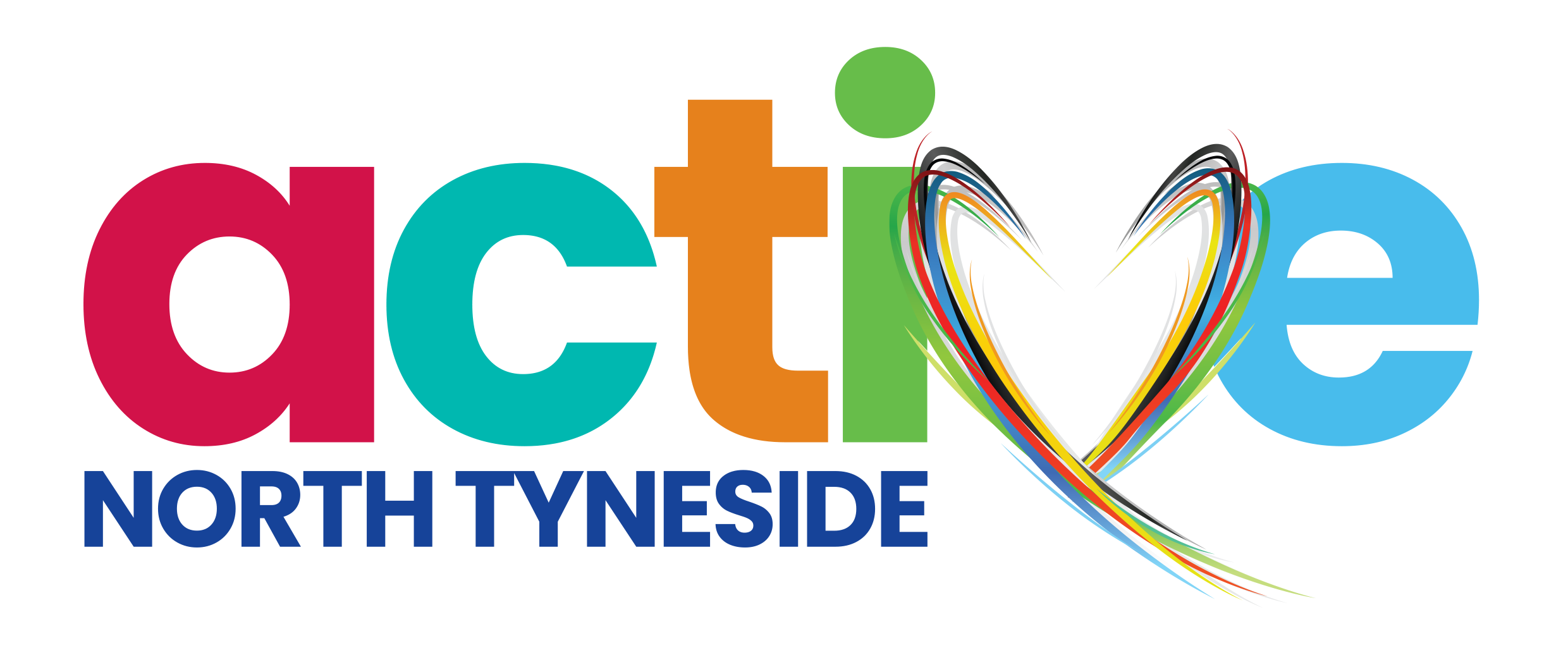The Eatwell Guide
The Eatwell Guide shows the different types of foods and drinks you should consume – and in what proportions – to have a healthy, balanced diet. It divides the foods and drinks into five main groups.
Try to choose a variety of different foods from each of the groups to help you to get the wide range of nutrients your body needs.
The size of each section is proportional to the amount you should eat from each group. This model applies to adults and children over the age of five.
Between the age of two and five children should move to eating the same foods as the rest of the family. Children under two need different proportions of foods as they are growing rapidly at this age.
Fruit and vegetables
Aim to eat at least five portions of a variety of fruit and vegetables each day
Fresh, frozen, chilled, canned, and dried fruit and 100% juice all count - choose fruit canned in it’s own juice
Potatoes don’t count as they are a starchy food
An adult portion is either 80g or (for example) one medium apple/pear/banana or other similar sized fruits, three heaped tablespoons of vegetables, a dessert bowl of salad, 30g of dried fruit (counts as a maximum of one portion a day) or 150ml glass of fruit juice or smoothie (counts as a maximum of one portion a day)
They provide vitamins, minerals and fibre
Try to choose different colours as they all have a different mix of nutrients which can help protect the body from diseases
Potatoes, bread, rice, pasta and other starchy carbohydrates
Carbohydrates provide B vitamins, iron and fibre. They provide slowly released and long-acting energy. These foods should make up just over a third of the food you eat. You should try to have something from this group at each mealtime.
Choose higher-fibre, wholegrain varieties when you can e.g. wholewheat pasta, brown rice or simply leave the skin on potatoes. Be careful not to add too much fat to these foods when cooking or serving e.g. butter on toast.
Dairy and alternatives
Dairy is an important source of calcium, which helps to keep your bones and teeth strong. It is also a good source of protein and some vitamins.
Sources include cheese, milk, yoghurt, and fromage frais. If you’re choosing dairy alternatives (like soy or almond milk) choose the unsweetened, calcium fortified versions. Choose lower fat versions for anyone over the age of five, or over two if they are good eaters.
It is recommended to eat two to three portions per day.
Beans, pulses, fish, eggs, meat and other proteins
Protein is a macronutrient that is used for growth, repair and maintenance in the body - especially for bones and muscles. Protein provides us with iron, other minerals and vitamins too. Protein is an energy source and provides 4kcal per gram.
Beans, peas, and lentils are good alternatives to meat as they are naturally very low in fat and high in fibre, protein, vitamins, and minerals. Other vegetable-based sources of protein include tofu, bean curd and mycoprotein e.g. Quorn.
Some types of meat are high in fat, particularly saturated fat. Choose lean cuts of meat and go for leaner mince, cut the fat off meat and the skin off chicken. Try to eat no more than 70g of red or processed meat a day – this includes sausages, bacon, cured meats and reformed meat products.
Aim for at least two portions (2x140g) of fish a week, one of which should be an oily fish. It is recommended to eat at least two to three portions of protein per day.
Oils and spreads
Although some fat in your diet is essential, generally speaking, we eat too much - especially when it comes to saturated fat.
Swapping to unsaturated fats will help to reduce the cholesterol in your blood. Unsaturated fats are from plant sources e.g. vegetable oil or olive oil are healthier types of fat.
Choosing lower fat spreads as opposed to butter is a good way of reducing your saturated fat intake.
Remember that all types of fat are high in energy and should be limited in your diet.
Foods high in fat, salt, and sugars
Foods high in fat, salt and sugar are placed outside the Eatwell Plate as these types of food are not essential and most of us need to cut down on them to achieve a healthy balance.
These include products such as chocolate, cakes, biscuits, full sugar soft drinks, butter, ice cream, pies, pastries, fried chips, and crisps.
These foods provide ‘empty calories’ i.e. they provide energy but very little in the way of essential nutrients like protein, vitamins and minerals, so should only be eaten occasionally and in small amounts.
Hydration
Our body needs water (or other fluids) to work properly and to avoid dehydration. Dehydration can have negative impacts on our health, such as making us feel tired, unable to concentrate and we may even suffer from headaches.
Water helps you to digest and absorb food, carry nutrients and oxygen round your body in your blood, keeps your temperature normal and helps your body get rid of waste.
Water is the healthiest choice for quenching your thirst at any time. It has no calories and contains no sugar that can damage your teeth. Aim to drink 6-8 glasses a day.


